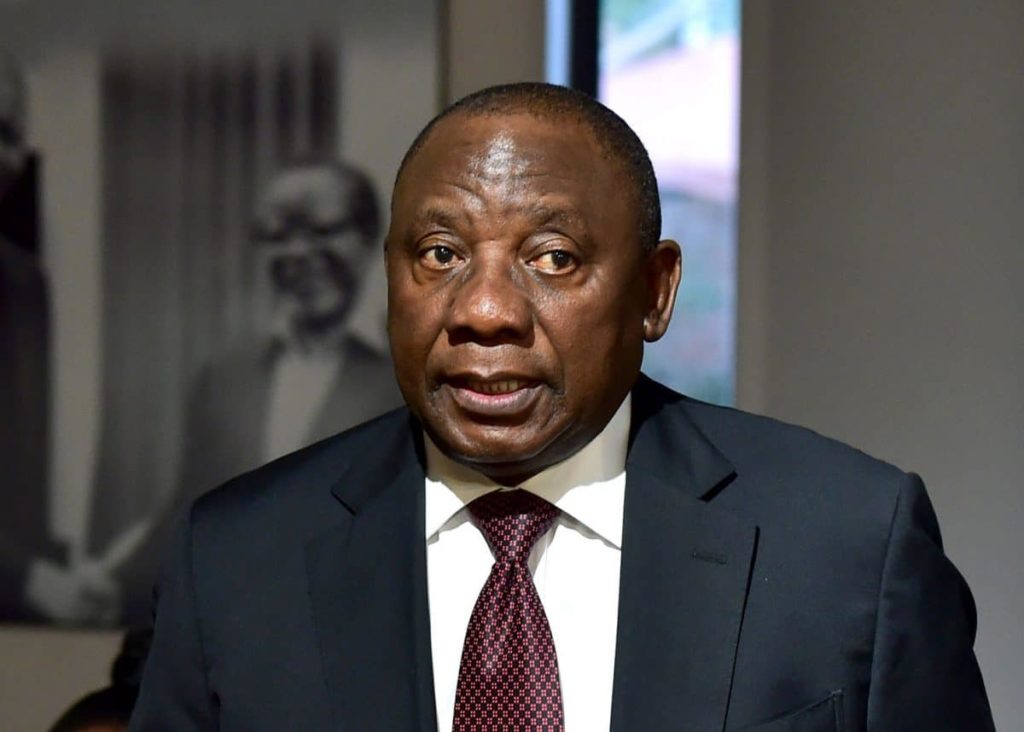THE ANC will have to consider external voices who have raised glaring concerns about possible coalition arrangements it is likely to decide on during its national executive committee (NEC) meeting which was under way yesterday.
The party is deliberating on which partners it should enter a coalition with for the seventh administration. Part of the conundrum is the plurality of voices which have emerged both internally and otherwise. The main discussion is centred on a possible tie-up with the DA.
TimesLIVE understands the ANC’s top officials will propose a government of national unity as a first option during the deliberations. The NEC is the party’s highest decision-making body between conferences.
All parties are constitutionally mandated to decide on a government within 14 days after the declaration of the elections. This means the ANC has 10 days to decide on who enters its coalition pact. The ANC lost the election but retained the lion’s share of the vote with 40percent.
It is followed by the DA which received 21percent, while the new entrant, the Jacob Zuma-led MK Party, overtook the EFF as the third-largest party, walking away with 14percent. Should the NEC sitting in Boksburg agree, the next government could have the ANC, DA, EFF and other smaller parties.
However, it would need to convince an unflinching DA to agree to the terms. Several NEC members, including KwaZulu-Natal heavyweight Zweli Mkhize, have publicly expressed displeasure at the prospects of an ANC/DA coalition.
Its alliance partners, the SACP and Cosatu, have added their voices to the debate, warning that an arrangement with the DA could fracture the alliance and derail its agenda of advancing the working class.
The Black Business Council (BBC) has written a letter to ANC secretary-general Fikile Mbalula warning about the possibility of the transformation agenda being reversed. In a letter dated June 6, the BBC said the election results had presented the country with a “watershed moment” with the ANC losing its outright majority.
“The threat of reversing the hard-fought transformation policy gains of the last three decades is real,” the BBC said in its letter. The ANC often consults the BBC, a forum considered as the custodian of black transformation in the economic sector.
The council argues that the two parties are diametrically opposed at ideological and pragmatic levels, and would find it difficult to explain their union to their constituencies. “At a policy level, a union between the ANC and the DA threatens the many gains the ANC made over the last decade,” it said.
According to the BBC, the DA campaigned on repealing progressive and race-based legislation, including the Broad-Based Black Economic Empowerment Act, the National Health Insurance Act and the Expropriation Bill, and removing racial targets from the Employment Equity Act and the Preferential Procurement Policy Framework Act. — TimesLIVE
